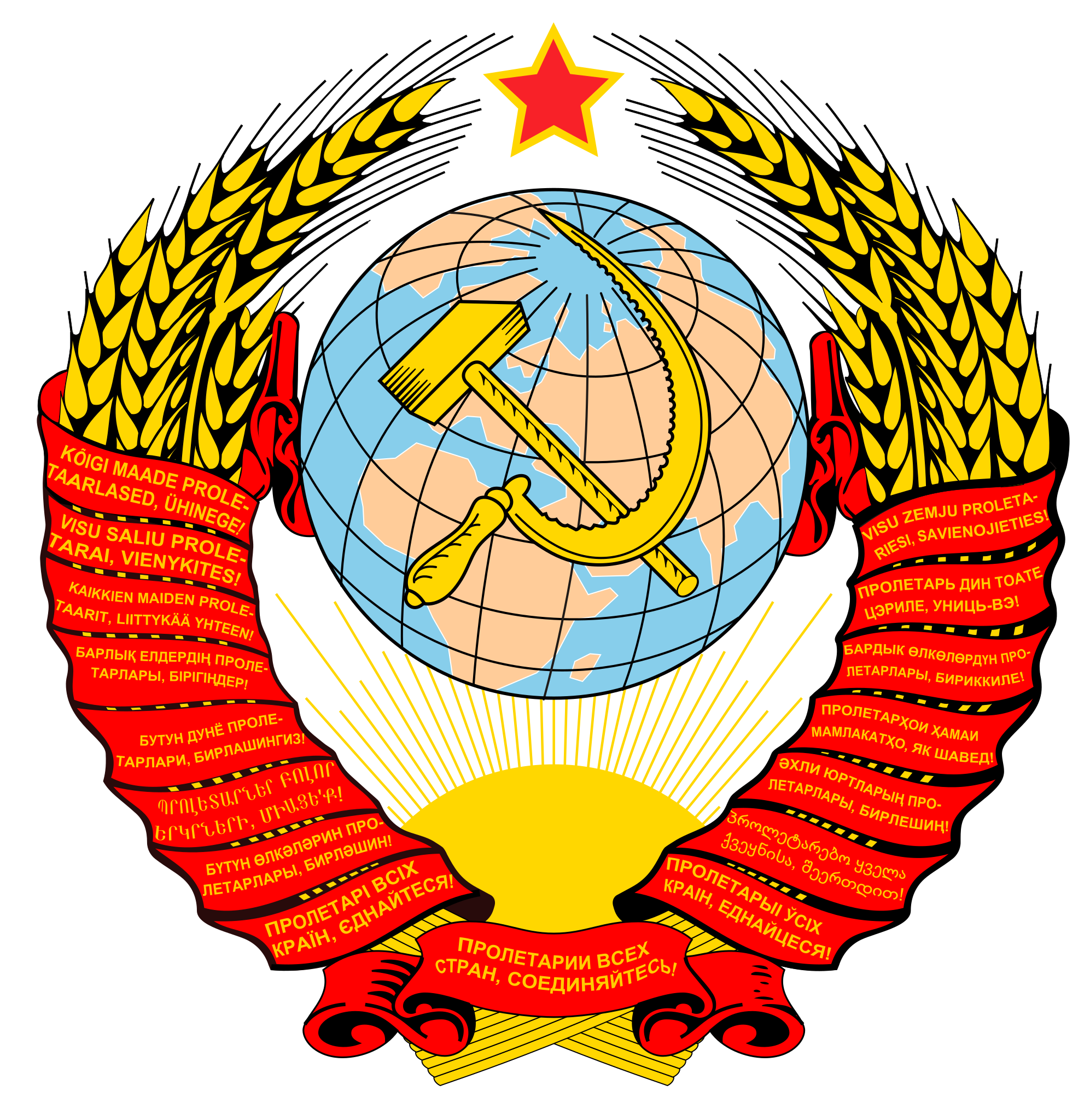Comrades, I have been reading a lot and listening a lot to the classics like Lenin and Stalin. But I wonder if there are any contemporary writers that apply their theory to current events or have even furthered the philosophy without distorting it?
I think Micheal Parenti is a great communist author of the last decades. Currently Vijay Prashad is still making stuff
Love me some Parenti, that man changed my life.
As to Prashad, I need to give him more of a looksy, but I have read some of his articles he seems smart and straight to the point.
Not so much theory as a historical overview, but I'm finishing "Human rights in the soviet union" by Albert Szymanski, and it's an extremely good book to learn about the progress the USSR brought to its many nationalities, to women, and to workers in general; it puts oppression into historical context and explains it in a much more academic and analytic way than "Stalin bad"... The book is extremely good (I skipped only the chapter about human rights in the USA since I'm European and frankly not interested).
Similarly, "Soviet democracy" by Pat Sloan is a first hand account by a teacher from England who moved to the USSR in the early 30s and after some years there, wrote a book about the way society works. Education, justice system, unions... It's a bit through pink glasses, if you know what I mean, but it's worth a read in my opinion.
If you're into economics, "People's republic of Walmart" delves into the history of economic planning, the historical arguments against it and why they don't make sense, and how we could have much better societies if we had a democratically-planned economy with modern computing power and science. It falls a bit into the pitfall of anti-soviet propaganda, but it's definitely worth a read in my opinion if you're into the topic.
"How the worker's parliaments saved the Cuban Revolution", by Pedro Ross, goes into detail about a tremendous democratic effort carried out during the Periodo Especial in the 90s, after the dissolution of the USSR, the main trading partner of Cuba. It shows how millions of workers were involved, through their unions and worker councils, in the process of restructuring the economy to face the coming years, and how they succeeded to do so. It shows this back-and-forth dialogue between the vanguard of the party and the representatives of the workers, and how popular ideas are translated into Marxist terms and applied
Anytime! You're very welcome!
I myself haven't read much of the OGs, other than Socialism: Utopian and Scientific, Vol. 1 of Capital, Imperialism: a higher stage of capitalism, and the communist manifesto. I'll proceed with a compilation of Kollontai's manuscripts on feminism and revolution, and then follow that with Lenin's State and Revolution.
Which of the classics can you recommend the most so far?
Oke comrade here it comes.
A "follow up" on Imperialism: the highest stage of capitalism, would be the work of kwame Nkruham (the liberator of Ghana from the British) the name is : Neo-Colonialism, the Last Stage of Imperialism ( Sound familiar????) Although not technically old school old school it is worth a read.
now the works of Stalin I have basically done all the audiobooks on that were on spotify from the Socialism for all podcast/channel but in case you dont have spotify hes als on youtube(he also sometimes gives some context about the situation that the books were written in, very helpfull). but heres the
Stalin list:
- Mastering bolshevism 1937
- The fight against right and "Ultra-Left" Deviations 1926
- The proletarian class & the proletarian party 1905
- The october revolution an the tactics of the Russian communists 1924
- Stalin's comments on Churchill's "iron curtain" speech & post-ww2 hostilities
- Marxism versus liberalism: an interview with H.G. Wells 1934 ( It's technically not a book, but it shows how Stalin thought on his feet(he was prob sitting), his ideas on the west, spoken to a western person. Plus it was the thing that made me start looking into this bad boy, because I realized then and there that he wasn't this brute that my western education had me believe he was.
Lenin:
- A caricature of Marxism & imperialist economism 1916
- On the two lines in the revolution 1915
Gramsci:
- Prison notebooks (I have only started it, but its a heavy read.. ) its about Wester Hegemony(he coined that I think??)
Rosa Luxemburg:
- Reform or revolution 1900/1908 (be careful though, eventually she and Stalin had a semi intellectual b*itch fight) but its good to give perspective.
Mao:
- on kruschev's phony communism 1964 (Kruschev basically screwed us all over and created a split in global communist bloc and started implementing some weird anti-marxism/pro-capitalist policies.... he was the start of the decline of the soviet union) its basically about the soviet/sino split.
A bit off topic but if youre into law/international law. The soviet union had one of the greatest lawyer/academic at that time Grigory Tunkin: Theory of international law. It gives a legal perspective on international communism.
I hope this list will get you started, And with this comrade, I wish good luck.
Thank you very much for the resources! Gonna give the libgen servers some work this evening!
Check out works by Vijay Prashad or Domenico Losurdo. They are available on the ProleWiki library.
I guess it is not ML per se but our party made a documentary about shifting power in the world and the rise of the global south. It's called Mutiny and was originally made in Dutch, though it has now been translated into English.
Especially part 3 and 4 are interesting as they are about the global south with people from the MST for example
I found a YouTube link in your comment. Here are links to the same video on alternative frontends that protect your privacy:





